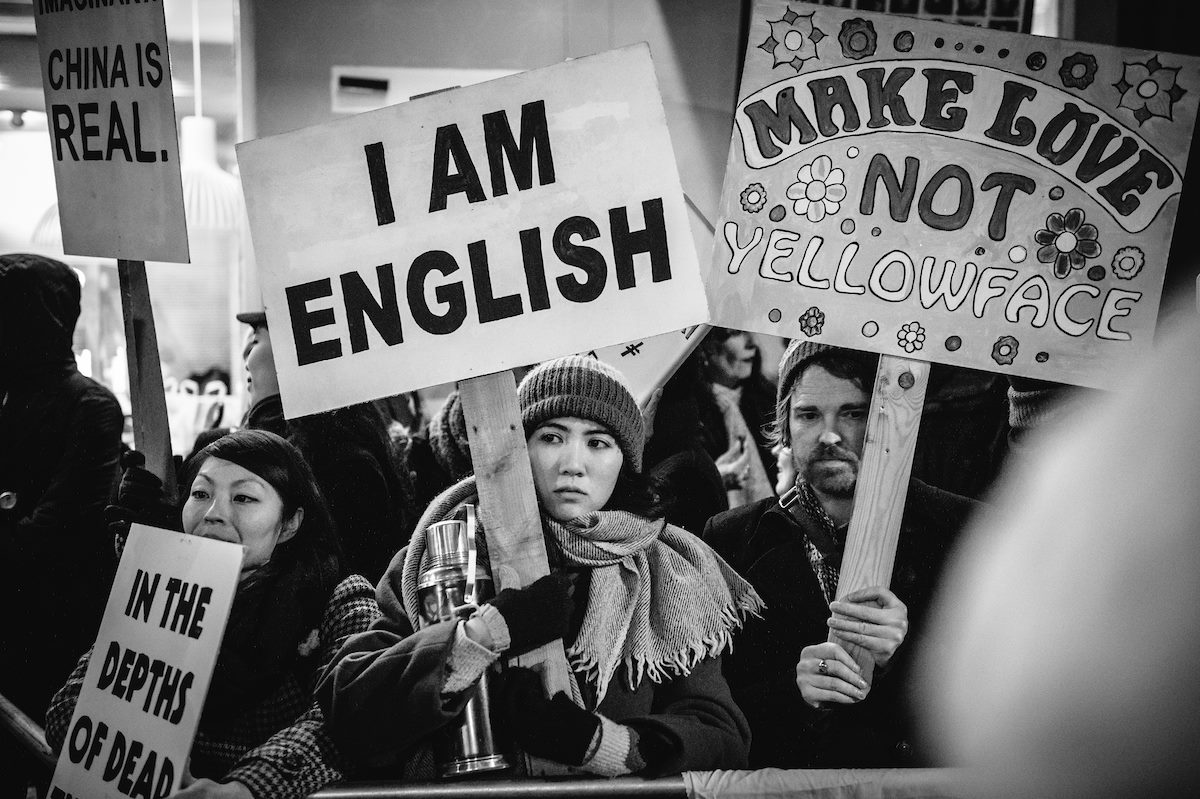Becoming British East Asian and Southeast Asian: Anti-racism, Chineseness, and Political Love in the Cultural and Creative Industries

Abstract
This article advances work on the ‘British Chinese’ by reconfiguring the boundaries of the field and expanding it beyond the cultural and linguistic transformations of an ‘ethnic community’. Instead, I examine new pan-Asian political formations and situate them within wider anti-racist organising in Britain. First, I examine the birth of ‘British East and Southeast Asianness’ as an emphatically political identity that contests racialised notions of ‘the Chinese’ as a passive model minority and repositions us as political agents of change. Second, I examine the crafting of a political community, in which a pan-Asian identity emerges as a contestation of the borders of ‘Chineseness’ and its policing, while maintaining a Chinese hegemony. Third, I identify distinct political repertoires of anti-racism within this ‘community’, a more radical and a more integrationist approach, which highlights the challenges of political mobilisation, and is shaped by a continued abject status. Finally, I examine the role of political love and care as a means of mobilisation, through which a radical politics of affirmation and refusal is crafted. In doing so, I re-envision the political horizons of the so-called ‘British Chinese’, while shedding light on the current complexities, transformations and solidarities of communities within and beyond Chineseness.
Image © Suki Mok
- British Chinese,
- British East Asian,
- British Southeast ASian,
- political community,
- anti-racism,
- Chineseness,
- identity,
- model minority,
- political love,
- care
